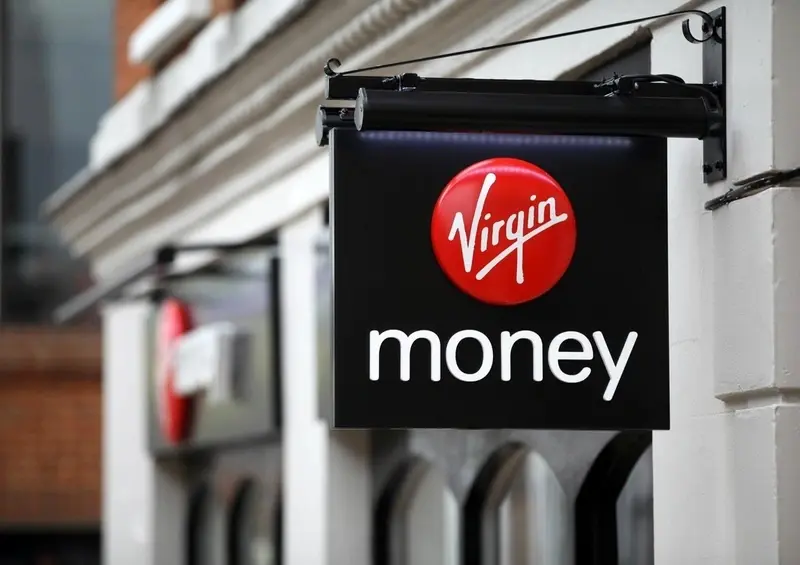
Challenger banks Virgin Money (VM.) and Metro Bank (MTRO) continue to gain market share from the UK's big four banks as a result of strong balance sheet expansion, according to trading updates issued today.
Virgin confirmed it is on course to deliver lending growth in line with analyst estimates of around 16% while Metro Bank says the size of its loan book more than doubled year-on-year to £4.1 billion.
Shares in Virgin trade 2.3% higher at 350p and Metro Bank adds 1.3% to £20.32, slightly ahead of the overall financial sector, up 0.7%.
Virgin is set to provide more detail on its credit card lending operation via an investor presentation this afternoon (2pm), a unit it plans to double in size over the next two years to around £3 billion in total loans outstanding.
Overall loan growth at Virgin in 2016 is forecast at 16% by analysts at Investec, driven by growth in mortgage and credit card lending, meaning its lending book would hit £31.5 billion by the end of the year.
Analysts at Investec point out current profit-before-tax forecasts of £213 million indicate Virgin will deliver a 15% return on tangible equity in 2016, in excess of expectations for all FTSE 100 banks.
Leverage plays a big part in this turbo-charged return on equity, however, with the bank's equity standing at just 4.4% of total assets, lower than all of the UK's big four lenders.
Metro Bank, which has a better capitalised balance sheet at 6.6% equity/assets at the last year-end, remains loss-making as it tries to scale up its platform.
It raised a further £400 million when it joined the stock market in March this year.
Lending growth is reducing losses and Metro's quirky branch-based, seven-day-a-week offering continues to gain popularity with account numbers increasing 45% year-on-year and deposits rising 75%.
Founder Vernon Hill, who started his career developing stores at McDonalds (MCD:NYSE), prefers branches to be located on street corners and emphasises in-store family-friendly features like free coin counting machines.
Hill previously set up New Jersey-headquartered Commerce Bank, building it from scratch over a period of 25 years into a network of 435 branches.
Toronto-Dominion Bank (TD:TSE) bought Commerce Bank, also previously a listed company, in 2007 for $8.5 billion (£5.9 billion).




